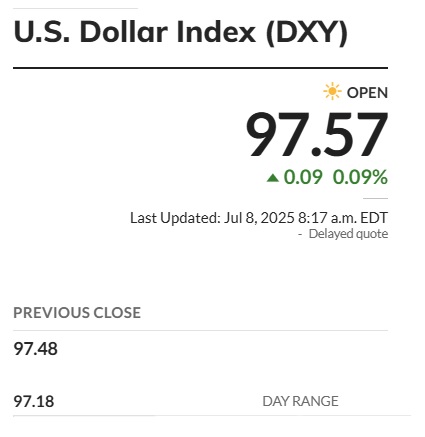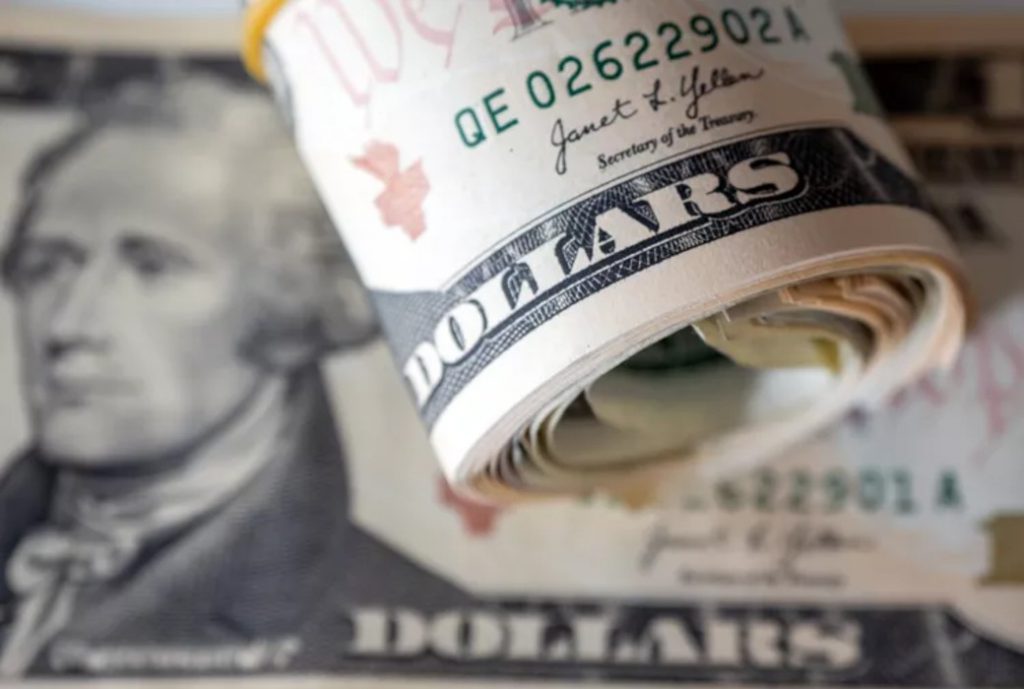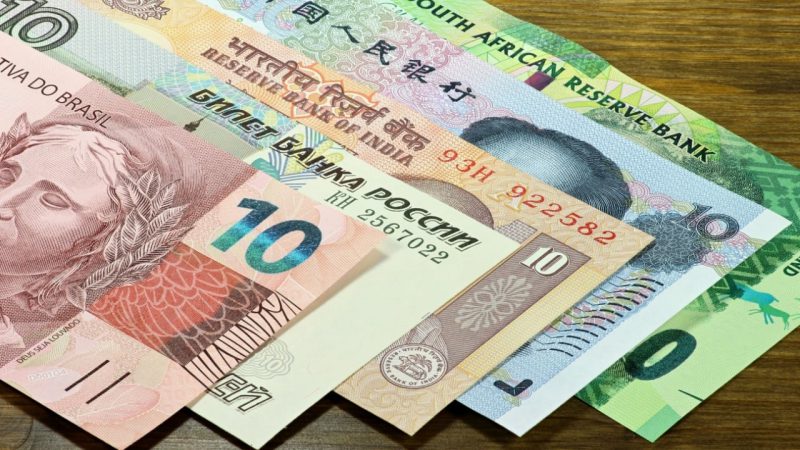Asian currencies rallied against the US dollar in Q2 of 2025 as the markets reacted sharply against the trade wars. The DXY index, which measures the performance of the USD fell to a three-year low of 96.20. The Indian rupee, Chinese yuan, and Japanese yen all soared above the greenback in the forex markets. Traders who bet against the USD made good returns as leading local currencies took the top spot in the FX sector.


Now that Trump announced a new set of tariffs, which are 25% on Japan and South Korea, the DXY index quickly rebounded in value. It touched 97.57 and remains on the greener side of the spectrum since Monday’s trading session. The development indicates that Asian currencies will remain under pressure as they will have to deal with the price hikes.
Also Read: Russia Labels Dollar Risky as De-dollarization Gains Speed
US Dollar To Rebound in Value, Pressure Now on Asian Currencies


The glorious run of Asian currencies in the forex market is being challenged by Trump’s recent tariffs. Apart from dealing with the tariffs, Asian leaders have to appear strong and not look like they’re bowing down to the US. The repercussions of looking weak make their prospects as leaders dip in the domestic matters.
Phillip Wool, the Head of Portfolio Management at Rayliant Global Advisors predicted that Asian currencies could begin to weaken hereon. “I expect Asian markets with exposure to this latest round of trade threats to fall and their currencies to weaken.” He added that Japanese stocks could also decline as automakers will find it expensive to sell cars in the US. “Especially stocks within those markets that have the greatest tariff exposure, like Japanese automakers,” he said.
Also Read: MicroStrategy To Post $14 Billion Unrealized Gains in Bitcoin in Q2
He also stressed that the market is surprised as to why Japan and South Korea did not negotiate a deal with the US sooner. “Practically, we’re not surprised countries like Japan and South Korea didn’t cut deals sooner. Not only does the bargaining take time, but there’s domestic political pressure not to appear to have caved to Washington’s threats,” he summed it up.





